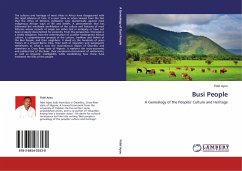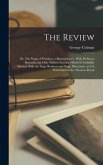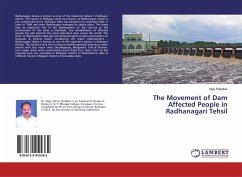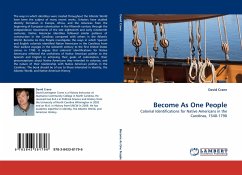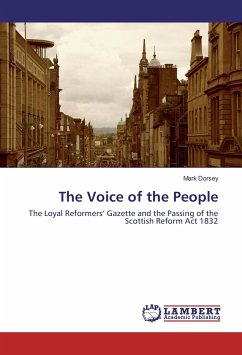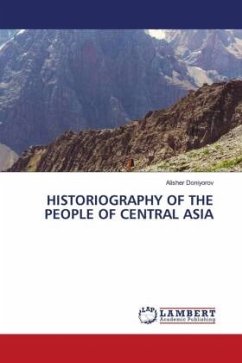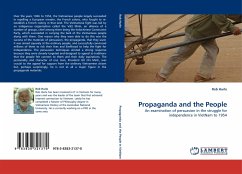The cultures and heritage of most tribes in Africa have disappeared with the rapid advance of time. It is even more so when viewed from the fact that the influx of Western civilization runs diametrically against most indigenous African ways of life and beliefs. A phenomenon that has witnessed the wholesale annihilation of the culture and histories of most Africans whose records of origin are either lost in antiquity or have not been properly documented for posterity. From this perspective, this book is a timely mitigation from the extermination of another endangered African culture, a comprehensive synopsis of the culture, tradition and beliefs of the Busi People, and their neighbors. it dwell on the hundreds of years history of a strayed Bantu tribe, their path of migration and subsequent settlements to what is now the mountainous region of Obanliku and elsewhere in Cross River state of Nigeria. It explores the socio-economic and political live of the Busis, their peripheral environment of settlements, as well as linguistic intelligibility while establishing how these have intimated the lives of the people.
Bitte wählen Sie Ihr Anliegen aus.
Rechnungen
Retourenschein anfordern
Bestellstatus
Storno

